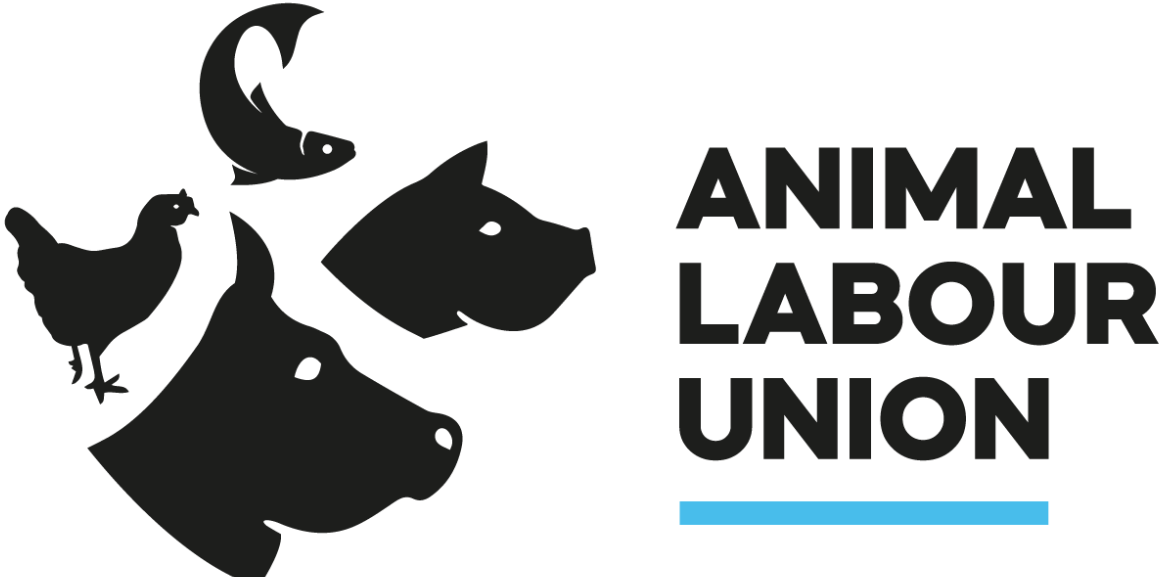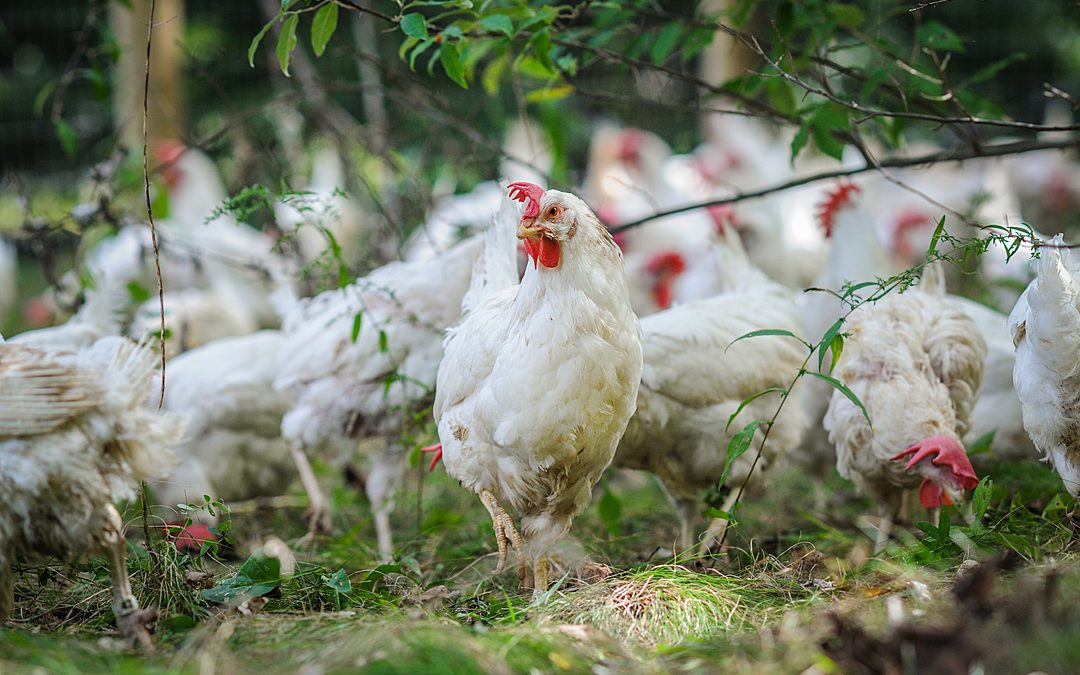‘Madam,’ the parcel delivery man calls out, somewhat uncomfortably, ‘are they dangerous?’ Watching my five chickens run curiously towards the fence to see who enters their territory, I don’t understand how anyone can think these critters are dangerous. Their beaks forward, at a waddling gallop, almost crowding each other to be the first to meet this visitor. But this friendly young man, who has probably only met chickens on his plate, finds them scary. Unknown makes unloved.
Research shows that animals that are closer to humans are regarded more positively than those that are further away from us, that are less like us or that we know less well. A positive attitude means more compassion and appreciation for the animal. Some animals we do not know at all. Like the chicken. That may explain why in the Netherlands we keep 100 million laying hens and 380 million broilers horribly without mass protests. Because, just how bad is it, what we do to these animals? If there had been dogs or cats living in these barns, the past elections would have been different.
Chickens’ intelligence is grossly underestimated, along with their ability to learn. In a 2015 scientific study, students were tasked with training chickens. This made them actively aware of the chicken’s cognitive abilities. They saw chickens that were bored, frustrated, or just super happy because they had done a task well. They saw an animal with emotions they had not previously attributed to a chicken. After they completed the chicken training, their opinions about chickens had fundamentally changed. Pre- and post-training questionnaires showed that the students had come to see chickens as intelligent animals that learn easily. Their overall attitude towards chicken had changed for the better.
Most people who eat chickens and eggs have no idea of the chicken’s capabilities. They do not know that chicks already communicate with their mother in the egg. That they can count as early as two days after hatching. That chickens learn socially and (sometimes) cheat on each other. That chickens are very easy to train.
But let’s not start with the consumer, who already has enough to worry about. It is the people who work with chickens, meet them every day in the house, they should realise how smart, fun and funny chickens are. Farmers, chicken handlers, vets and other poultry farm workers need to appreciate the intelligence, problem-solving ability, individuality and strong will of chickens. With that knowledge and experience, they will have more compassion for the animals. And that will contribute positively to the way they treat their chickens.



